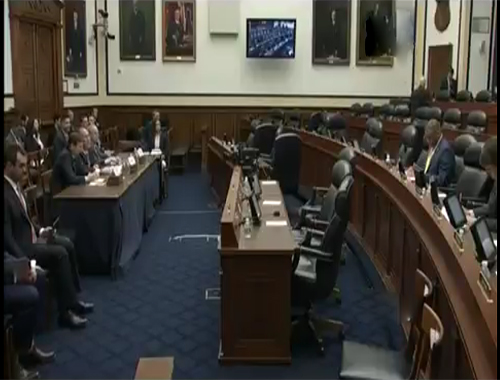Verse237
- Details
- Hits: 2697
(237) وَإِن طَلَّقْتُمُوهُنَّ مِن قَبْلِ أَن تَمَسُّوهُنَّ وَقَدْ فَرَضْتُمْ لَهُنَّ فَرِيضَةً فَنِصْفُ مَا فَرَضْتُمْ
إَلاَّ أَن يَعْفُونَ أَوْ يَعْفُوَ الَّذِي بِيَدِهِ عُقْدَةُ النِّكَاحِ وَأَن تَعْفُواْ أَقْرَبُ لِلتَّقْوَى وَلاَ تَنسَوُاْ الْفَضْلَ بَيْنَكُمْ إِنَّ اللّهَ بِمَا تَعْمَلُونَ بَصِيرٌ
237. " And if you divorce them before you have touched them, and you have already settled a dowry on them, then (pay them) one-half of what you have settled, unless they (women) remit it, or he remits it in whose hand is the marriage tie; and that you (yourselves voluntarily) remit (the whole) is nearer to piety. And, do not forget generosity among yourselves. Surely Allah sees what you do."
Commentary:
In this verse, those women are spoken about who separate from their husbands before any relations while there have been appointed a dowry for them.
It syas:
" And if you divorce them before you have touched them, and you have already settled a dowry on them, then (pay them) one-half of what you have settled,
This lawful legislation is an ordinance which gives the right to the woman to take half of the whole marriage-portion completely although there has been no sexual intercourse.
After fixing this matter, it pays to some moral and affectional aspects, and says:
"... unless they (women) remit it, or he remits it in whose hand is the marriage tie; ..."
The tone of the verse, on the whole, is based upon the principle of ' fair manner ' and ' benevolence '. It emphasizes that even divorce and separation should not be mingled with any dispute, conflict and opposition originated from the sense of revengefulness. On the contrary, it should be based on nobility, generosity and forgiveness. It says:
"... and that you (yourselves voluntarily) remit (the whole) is nearer to piety. And, do not forget generosity among yourselves. Surely Allah sees what you do."











